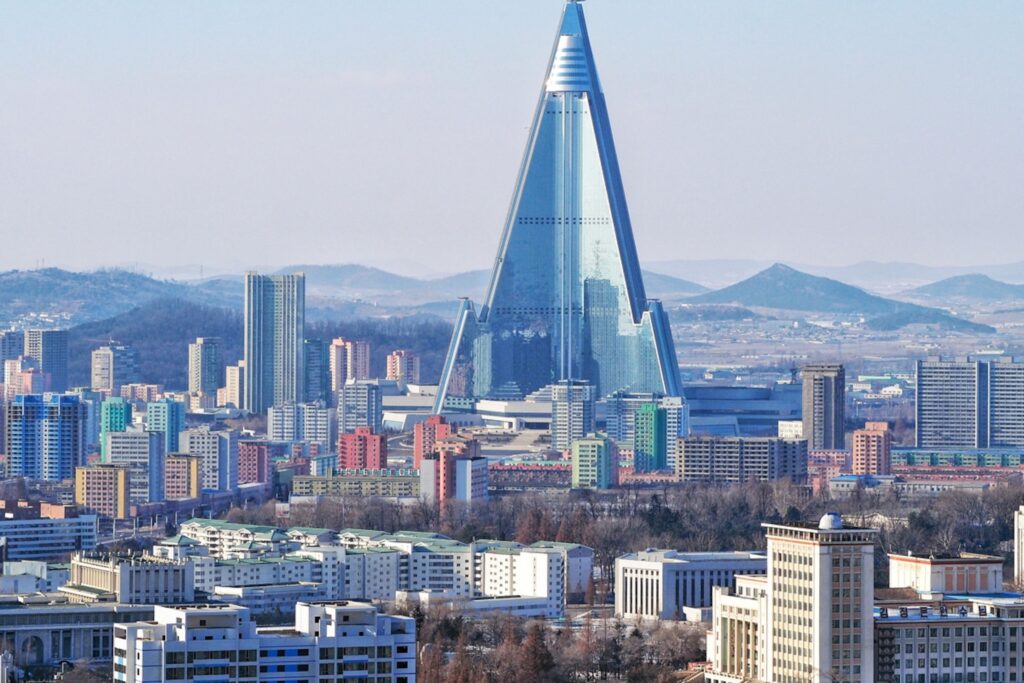North Korea, often shrouded in mystery and secrecy, holds many intriguing secrets that may surprise even the most well-read individuals. Here are ten lesser-known facts about this enigmatic nation:

Juche Ideology: North Korea follows the principle of Juche, which emphasizes self-reliance and independence. This ideology, developed by Kim Il-sung, shapes the country’s political, economic, and cultural policies.
Three Generations of Leadership: Since its founding in 1948, North Korea has been ruled by three generations of the Kim family: Kim Il-sung, Kim Jong-il, and Kim Jong-un. This hereditary succession is unique in modern governance.
Hidden City of Pyongyang: Pyongyang, the capital of North Korea, features a hidden underground city called the Pyongyang Metro. Built during the Cold War, it doubles as a bomb shelter and transportation system.
Military First Policy: North Korea operates under a “Military First” policy, officially known as Songun. This prioritizes the military in resource allocation and governance, influencing all aspects of society.
Propaganda Village: Kijong-dong, also known as the “Propaganda Village,” is a fake North Korean village constructed near the border with South Korea. It is intended to showcase North Korea’s prosperity but is uninhabited.
Limited Internet Access: Access to the internet is heavily restricted in North Korea. Only a small fraction of the population has access, and the content is heavily censored and monitored.
Mass Games: North Korea is known for its Mass Games, large-scale performances involving thousands of participants. These events often feature synchronized dancing, gymnastics, and propaganda displays.
Supreme Leader’s Cult of Personality: The Kim family, particularly Kim Il-sung and Kim Jong-il, are revered with a cult-like devotion in North Korea. Their portraits adorn public buildings, and their birthdays are celebrated as national holidays.
Abduction of Foreign Nationals: North Korea has been accused of abducting foreign nationals, particularly from South Korea and Japan, to train spies and infiltrators. These incidents have strained diplomatic relations.
Limited Outsider Access: Foreigners visiting North Korea are heavily monitored and restricted in their movements. They are often accompanied by government-appointed guides and have limited interaction with locals.
These lesser-known facts offer a glimpse into the unique and secretive world of North Korea, shedding light on its ideology, governance, and society.